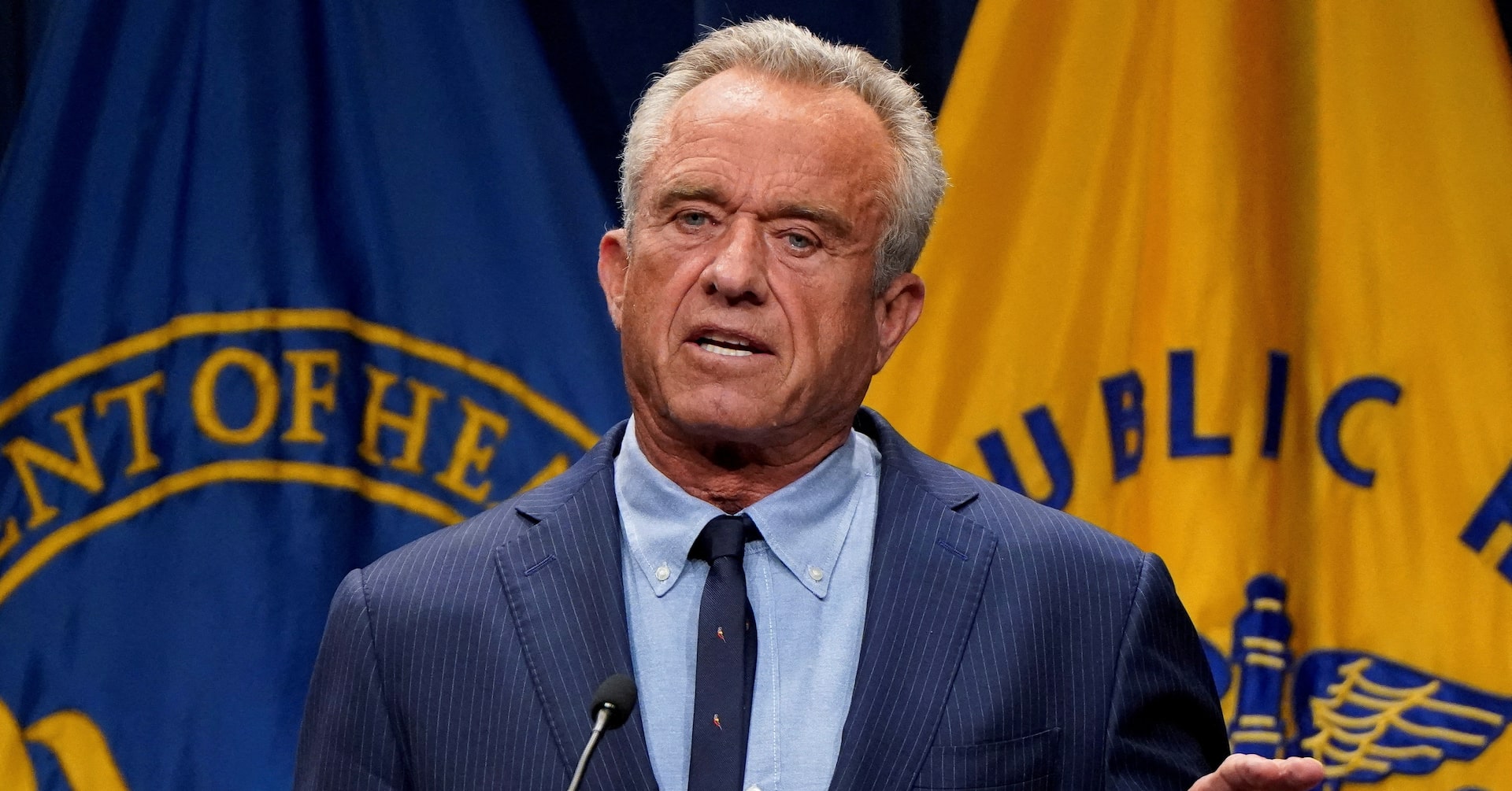Health Chief's Capitol Hill Showdown: Kennedy Set to Face Senators in High-Stakes Hearing

Health Secretary Robert F. Kennedy Jr. is set to make a high-profile appearance before the U.S. Senate's health committee on May 14, marking a significant moment of congressional scrutiny. The announcement comes after the committee's Republican chairman previously invited Kennedy to testify, amid ongoing discussions about recent transformative developments within the health department.
The upcoming hearing promises to be a pivotal opportunity for Kennedy to address potential challenges and outline his vision for the department's future. Senators are expected to probe into the recent changes and seek direct insights from the Health Secretary about the department's strategic direction and key initiatives.
Kennedy's testimony will likely draw considerable attention, given the current political landscape and the ongoing debates surrounding healthcare policy and administrative reforms. The May 14 hearing represents a crucial platform for transparent dialogue between the executive branch and legislative oversight.
